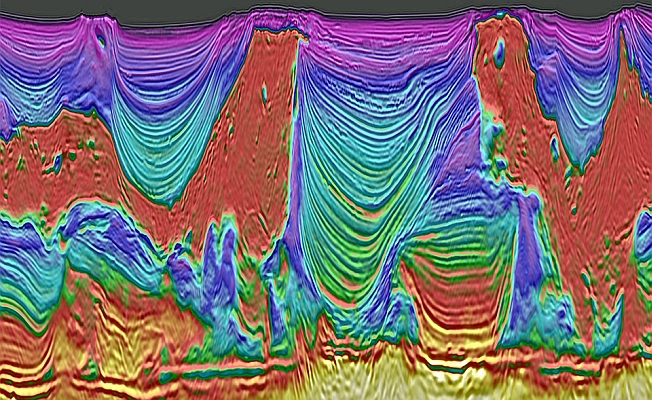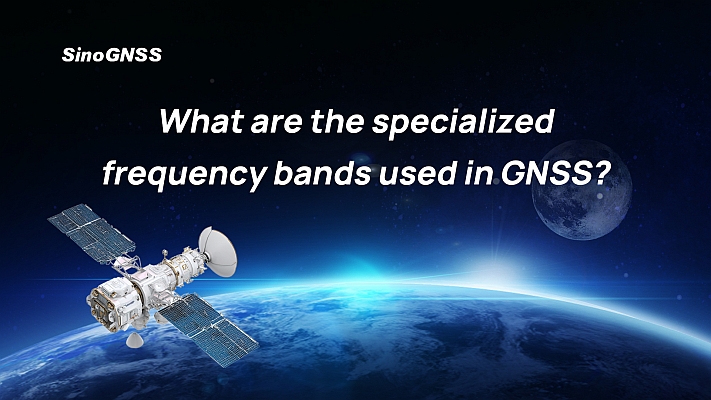Magellan Aerospace has announced the award to its Winnipeg-based division, Bristol Aerospace, of the RADARSAT Constellation Mission satellite bus development contract with MacDonald, Dettwiler and Associates of Vancouver. The RCM mission is being developed by the Canadian Space Agency to provide C-Band data continuity to existing RADARSAT-1 and RADARSAT-2 users. As well, the RCM mission will support maritime surveillance, disaster management and ecosystem monitoring.
The primary areas of coverage are Canada and its surrounding Arctic, Pacific and Atlantic maritime areas. The mission will be comprised of three spacecraft in low earth orbit, each carrying a C-band Synthetic Aperture Radar payload. The expected launch dates are 2014, 2015 and 2016.
The initial contract will have a period of performance through the end of 2009, and is for the Phase B Preliminary Design of the satellite bus, or platform, which is the service module section of the satellite. Further contracts are expected to follow for the Detailed Design and Manufacture, Integration and Test phases of the program, upon Government approval for full program funding. The RCM bus development and manufacture will be conducted at Magellan’s facilities in Winnipeg, Manitoba.
The RCM bus will be based on the MAC-200 small satellite bus that was first developed for the CSA’s CASSIOPE program. The MAC-200 bus was delivered to the customer in March 2008 and is now undergoing spacecraft- level testing at the CSA’s David Florida Laboratory in Ottawa, with an expected launch date in 2010.
The MAC-200 bus will be upgraded to accommodate the large, deployable C-band SAR antenna and to increase the power subsystem capacity for the radar payload. New GPS and propulsion subsystems will be added to support the precision orbit maintenance requirements.
Upgrades will be made to the bus avionics to support the seven-year mission lifetime. These latest developments of the MAC-200 bus follow on the success of Magellan’s SCISAT-1, the first small satellite developed in Canada in over 40 years. SCISAT-1 continues to perform flawlessly in orbit after over 5 1/2 years, providing scientists with critical data on the ozone layer and other atmospheric constituents.






